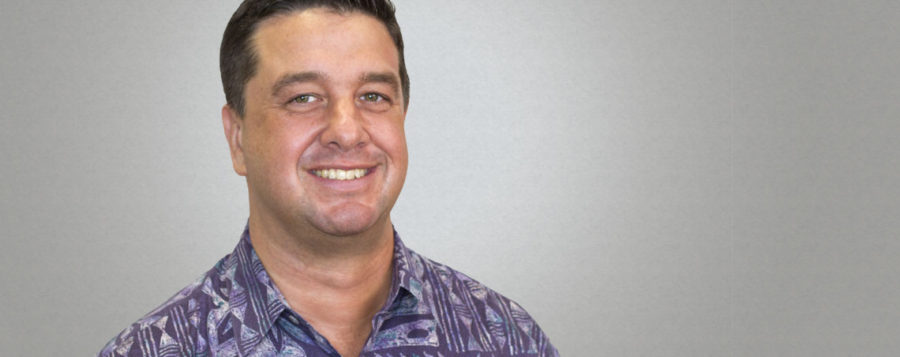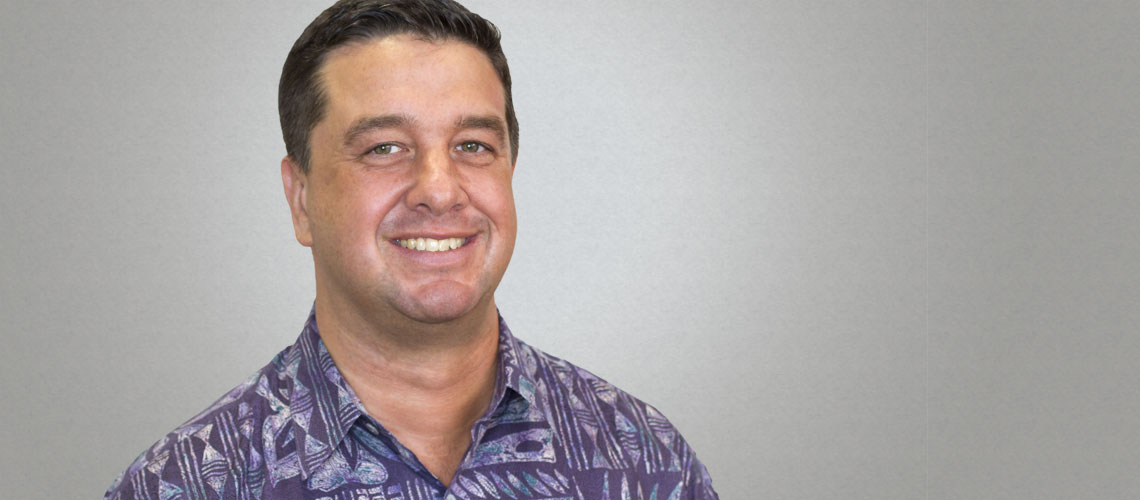How has information technology changed the healthcare industry in Hawai‘i?
The industry has been moving from paper to electronic medical records as well as electronically connecting different healthcare entities. The transition to paperless has been a long, grueling process throughout the industry because it required changing many workflows throughout operations. The process was most difficult in direct patient care areas, such as physician offices and patient care areas in hospitals, since procedural changes in these areas may directly affect patient outcomes.
I feel Hawai‘i is close to on par with the rest of the country and the world with the integration of healthcare technology and is ready to move into the next generation of electronic health records (EHR). Integrated EHR allows us to share data with different healthcare entities, improving patient care and reducing waste such as redundant laboratory testing. DLS, for example, allows physicians and hospitals to access our computer system to research patient laboratory results that may have been ordered by another physician, helping patients save money and giving physicians a more complete picture to better care for their patients.
How else is DLS utilizing the electronic health record?
The goal of the healthcare industry is to keep patients healthy, and for DLS, it is a key strategic initiative to do whatever we can to help our communities reach this goal. As an example, DLS currently uses data to address patient population issues such as diabetes. We work with insurance companies to identify target areas in which a community or population may not be managing diabetes well, and together we develop strategies that can be implemented to help these patients.
“The best path to success is for the silos to come down between insurance companies, hospitals, doctors, and patients, and for all of us to work together with the aligned incentive of managing our patients in an effective manner.”
How involved is DLS in prevention-based initiatives?
DLS currently works with insurance companies to encourage patients to have their past-due screening tests performed. We work with physicians and reach out to patients by sending them laboratory orders on the physicians’ behalf. This can be effective, but many of these orders are not completed.
We’ve had better success through manual processes, such as personally calling patients and mailing out the orders. Ultimately this is a money-losing process for DLS, but we know preventive medicine is key to improving the health of our patients.
What have been the biggest turning points in healthcare over the course of your career?
The laboratory industry’s move from paper to electronic was the first. This was a cultural change, just like it has been throughout other areas of healthcare. The learning curve for the computerized systems slowed down operations significantly, and the original systems had numerous flaws. Systems have come a long way since then, but there’s still room for improvement.
More recently, the move towards automation has revolutionized the laboratory industry. There is a national shortage of testing personnel, and the industry needed to find a solution. Labs throughout the world moved manual processes to more automated machinery, which has resulted in fewer errors and more efficient processes. DLS takes every opportunity to automate due to the continuous decline of licensed personnel.
What’s your take on consolidation within the industry and the move toward an outcome-based payment model?
Healthcare throughout the country has two common issues: lack of money to sustain our current patient care models and the need for improvement in patient outcomes. Outcome-based payments are a theoretical way to force the industry to work together and change. There have been successes and failures throughout the nation as we continue to learn best practices. I feel we need to learn what we can from these successes and failures and continue to implement strategies that work. The best path to success is for the silos to come down between insurance companies, hospitals, doctors and patients, and for all of us to work together with the aligned incentive of managing our patients in an effective manner. I personally see this beginning to happen in the communities we serve, and DLS is doing our part to support the efforts in any way needed.






